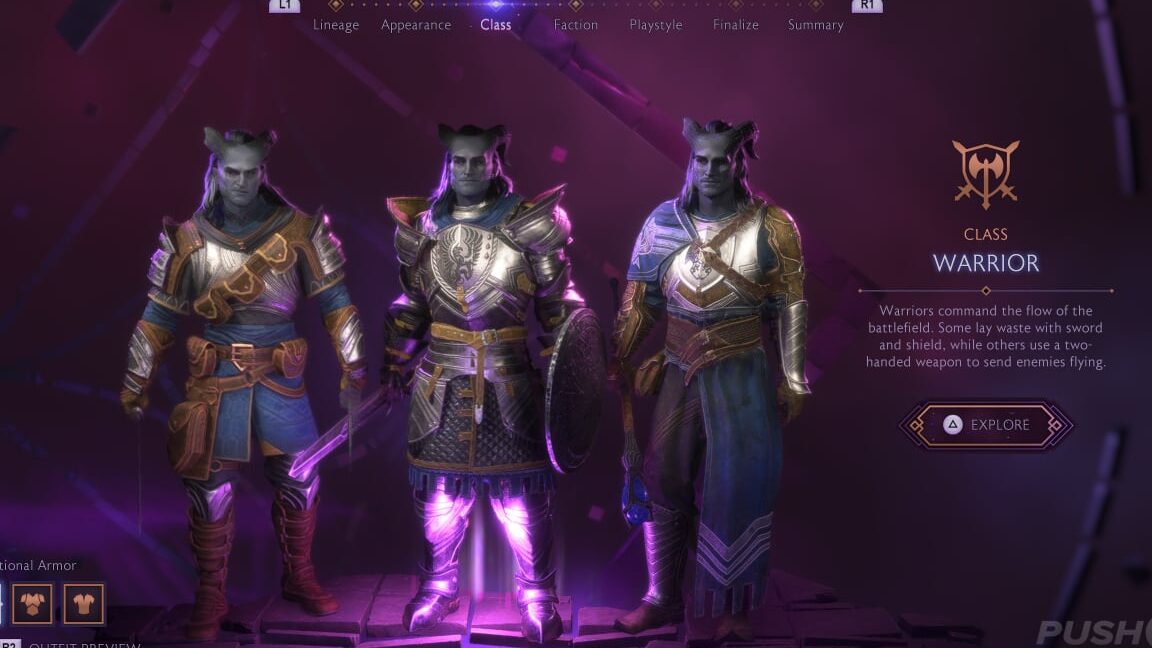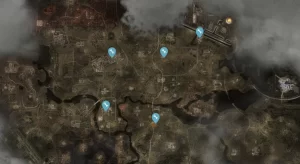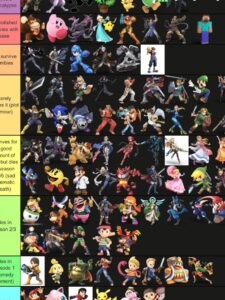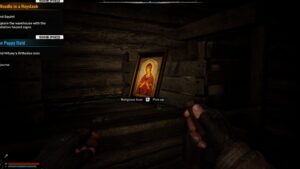Dragon Age: The Veilguard, differences between lineages, classes and initial factions
Choosing Your Character in Dragon Age: The Veilguard
As you begin your adventure in Dragon Age: The Veilguard, one of the fundamental steps involves selecting your character’s lineage, class, and faction. This choice can feel overwhelming, especially if you’re uncertain about how these decisions will affect your gameplay. It’s crucial to recognize that each choice carries significant implications, so let’s break down what you should know.
First off, while you can modify your appearance later in the game, your lineage, class, and faction cannot be changed once they are made (unless you’re using mods on PC). This makes your initial decisions quite important.
Lineages
Your first choice will be selecting your character’s lineage. The options available are:
- Elf
- Qunari
- Human
- Dwarf
The primary difference lies in the dialogue options available to you. Characters may react differently based on your lineage, although this typically does not alter mission outcomes. Importantly, no lineage is inherently better than another, and all are equally capable regardless of class.
Aesthetics
Next, you’ll choose your character’s appearance, which includes selecting their look, pronoun, and gender. The game offers a degree of customization, and NPCs will use your selected pronouns as you progress, with dialogues adapting to your choices.
Classes
Your character’s class plays a vital role in shaping your gameplay experience. There are three main classes, each with three specializations:
- Rogue:
- Duelist
- Saboteur
- Veil Tracker
- Warrior:
- Reaper
- Destroyer
- Paladin
- Mage:
- Death Visitor
- Evoker
- Magic Blade
Your choice of class will influence your gameplay style and the type of loot available to you. For example, a rogue won’t find items suited for a mage, and vice versa. Thus, your class directly impacts the equipment you can equip and the rewards you gather throughout your journey.
Factions
Lastly, you will select a faction, aligning yourself with one of the various factions in the game. Each faction provides unique benefits and specific advantages in gameplay. For example, you can earn additional points for your faction by completing missions with certain rewards. The factions available are:
- Grey Wardens:
- Ruins Slayer – Increased damage against darkspawn.
- Vigilance Training – Slight boost to health and defense.
- Veil Explorers:
- Harmonized Attacks – Increased damage against enemies touched by the Veil.
- Sharp Eye – More critical and weak point damage.
- Shadow Dragons:
- Endless Dream – Increased damage against Venatori.
- Abundance – Faster regeneration of your class resource.
- Fortune Lords:
- Healthy Competition – More damage against mercenaries.
- Unyielding – Easier executions.
- Duel Watchers:
- Return from the Grave – Increased damage against undead and demons.
- Sharp Afflictions – Additional affliction stacks on targets.
- Ravens of Antivan:
- Open Contract – Increased damage against Antaam.
- Hidden Pockets – Carry an extra potion.
Each faction also offers unique dialogue options during certain missions and interactions with its members. Importantly, you can acquire armor from all factions regardless of your initial choice by purchasing it from their respective shops.
Understanding the Differences
In summary, here are the key differences that stem from your choices:
- Lineage: Impacts dialogue options.
- Aesthetics: Affects how NPCs refer to you.
- Class:
- Determines your gameplay style.
- Influences the type of loot accessible to you.
- Affects certain dialogue options.
- Faction:
- Provides bonus points for your selected faction.
- Grants passive abilities related to your faction.
- Changes dialogue options.
Your choices in Dragon Age: The Veilguard lay the groundwork for your adventure, shaping your character’s path and interactions throughout the game. Take the time to consider each option, as they can greatly enhance your overall experience.




























Post Comment